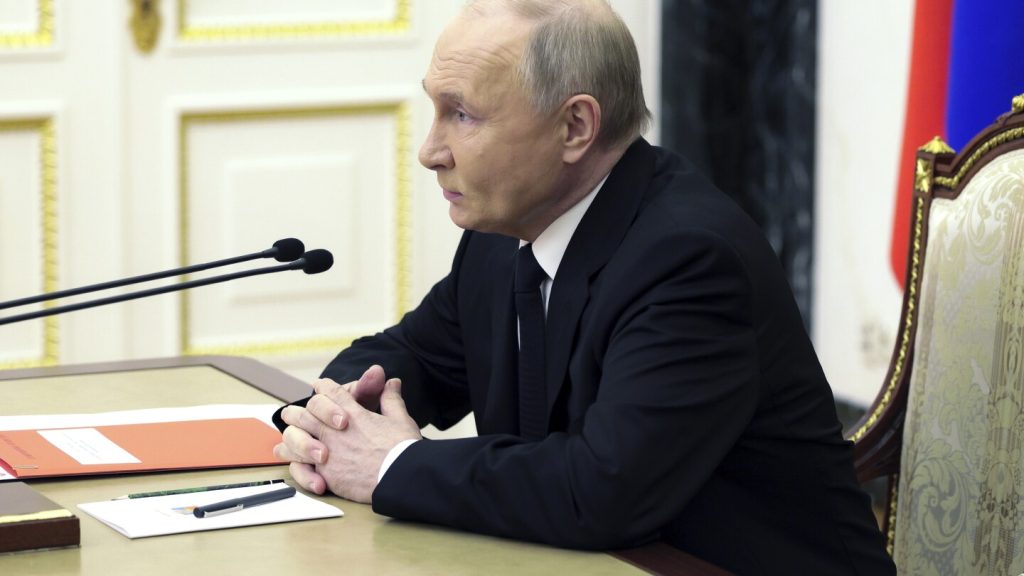The U.S. and U.K. have announced measures to restrict the trade of new Russian-origin metals such as aluminum, copper, and nickel on global metal exchanges and in derivatives trading. This decision follows the Group of Seven nations’ commitment in February to reduce Russia’s revenues from metals, in response to its ongoing invasion of Ukraine. Russia is a significant exporter of metals like aluminum, steel, and titanium, but officials from both countries stated that the economic impact of the ban would be minimal for consumers and producers. The goal is to limit Russia’s earnings from metals, as these have contributed $40 billion to the nation’s revenue in the past two years.
Treasury Secretary Janet Yellen emphasized that the new prohibitions on key metals, implemented in coordination with the United Kingdom, aim to target the revenue that Russia can use to support its war against Ukraine. Yellen stated that by taking targeted and responsible action, they intend to reduce Russia’s earnings while safeguarding partners and allies from any negative effects. The officials clarified that new Russian metals would not be allowed to be traded on major exchanges, including the London Metal Exchange and Chicago Mercantile Exchange. However, metals produced before midnight Saturday in London would still be permitted.
In response to Russia’s invasion of Ukraine, the U.S. and EU have imposed various sanctions on Russia, targeting its major banks, elite individuals, and financial institutions. These sanctions include freezing assets held outside the country’s Central Bank and excluding Russian financial institutions from the SWIFT bank messaging system. Additionally, both the U.S. and U.K. have previously sanctioned Russian gold, gas, and diamond exports. The latest restrictions on Russian metals add to the existing measures aimed at limiting Russia’s financial resources to continue its aggression in Ukraine.
The U.S. and U.K.’s decision to restrict the trade of new Russian-origin metals is part of a broader strategy to increase pressure on Russia and hold it accountable for its actions in Ukraine. By targeting Russia’s revenue sources, particularly from metals, the international community aims to weaken the country’s ability to fund its military activities and prolong the conflict. The coordinated efforts between the U.S. and U.K. reflect a commitment to working together to address global security concerns and uphold international norms against aggression and territorial violations.
While the economic impact of the ban on new Russian metals may be limited for consumers and producers, it sends a strong message to Russia about the consequences of its actions. By disrupting Russia’s access to key revenue sources, such as metals exports, the U.S. and U.K. hope to deter further aggression and encourage a resolution to the conflict in Ukraine through diplomatic means. The sanctions and restrictions imposed on Russia demonstrate the international community’s united front against violations of sovereignty and the use of military force to achieve political objectives.
As the situation in Ukraine continues to escalate, the U.S. and its allies are committed to standing with the Ukrainian people and supporting their efforts to defend their sovereignty and territorial integrity. The restrictions on Russian metals trading are just one component of a broader strategy to address the complex security challenges posed by Russia’s aggressive actions. By working together and imposing targeted measures, countries like the U.S. and U.K. are sending a clear message that violations of international law will not be tolerated and that those responsible will face consequences for their actions.


